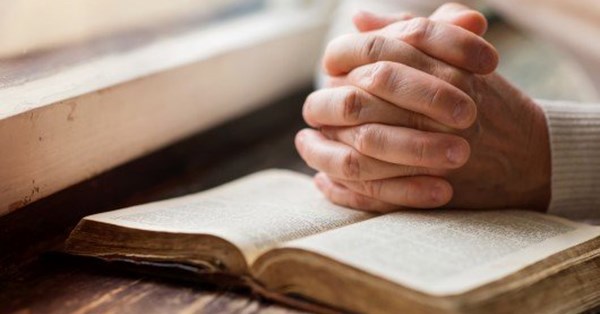O God, who wouldest fold both heaven and earth in a single peace: Let the design of thy great love lighten upon the waste of our wraths and sorrows; and give peace to thy Church, peace among nations, peace in our dwellings, and peace in our hearts; through thy Son our Saviour Jesus Christ.
Eric Milner-White
HISTORIANS of past wars, committed as they are to orderly analysis and the examination of causes, make the conditions that lead to global war sound strangely linear, even rational. It is not so clear, reading their accounts, that it is also a crazy proliferation of consequences as the vainglorious fantasies of unaccountable men collide; nor that responses of principle will constantly collide along with them, as different categories of the innocent are made to suffer. Only now, as I watch bits of the world catch fire, do I properly understand that global aggression is attended by chaos.
I pray this prayer more and more. Eric Milner-White, who includes it in his After the Third Collect of 1952, probably wrote it much earlier (the first printed version of this book of prayers, Memorials on Several Occasions, appeared in 1933). As a distinguished military chaplain of the First World War, he knew at first hand the chaotic waste that attends violence on the grand scale. His prayer has the rare quality of enacting what it implores. Speaking it creates in the mind peaceful order. Its structure is the formal one that meditates aloud on a particular aspect of God’s being, then makes the petition that appeals to that aspect.
Milner-White uses no explicit image anywhere; but, behind the verbs that he uses (“fold”, “lighten”), the great vistas of God’s loving order form. Jesus’s words as he laments over Jerusalem echo in its first line: “How often would I have gathered thy children together, even as a hen gathereth her chickens under her wings, and ye would not!” (Matthew 23.37). The God that longs to “fold” heaven and earth together has a mother-bird’s wings. Jesus has, characteristically, turned to the psalms, a child’s voice appealing to God’s care as a part of God’s own self: “Keep me as the apple of an eye; hide me under the shadow of thy wings” (Psalm17.8).
Those folding, protective wings become the abiding image for the whole prayer as it seeks to bring God’s quality of shelter and refuge to the needs of humanity. We invoke the wings of the Spirit brooding over the waters (Genesis 1.1), bright spans against the tossing chaos of the unformed void — but not only are we being invited to contemplate the innocent wastes of the unmade universe. We see love’s wings in danger, also: small and defenceless as a dove lighting upon the olive branch, symbol of peace, as the waters retreated after the flood prompted by human cruelty (Genesis 8.11).
The “wastes of our wraths and sorrows” are the wastelands of destruction which we make for ourselves: the bombed flats and blighted playgrounds; the bodies lost under rubble; the traumatised and starving children; the mourning parents; the darkened gaze of those brutalised into treating fellow-humans as things for use, and for breaking.
God shadows us with “the design of [thy] great love”. The voice that spoke light into darkness, commanded life to burgeon in earth and seas, that brings constantly changing order and pattern through the intricate interdependence of that burgeoning, and once walked with his human creatures as a friend in the cool of the evening, speaks love’s order against all this destruction. That quiet voice is stronger than wind, fire, or earthquake, and dissipates despair (1 Kings 19.11-13).
Love’s design “lightens” over our wastes: a beautiful and double-meaning verb that tells us both that God arrives — alights upon the chaos to be with us (Matthew 3.17) — and that God brings a light that cannot be overcome, or “comprehended” — a richer meaning, showing that without understanding we fall into unmeaning violence — by the darkness that we make for ourselves (John 1.5).
The last turn of the prayer shifts our inner vision from global wraths and sorrows to cities and people, the Church in time, the little islands of order we make in our houses and families, the rare peacefulness that may, by grace, inhabit the individual heart. There is nothing passive about the peace that this prayer invokes: it is the active pursuance of God’s great love through the redemptive being of his Son, our Saviour Jesus Christ.
The Very Revd Dr Jessica Martin is the Dean of Chelmsford.

















